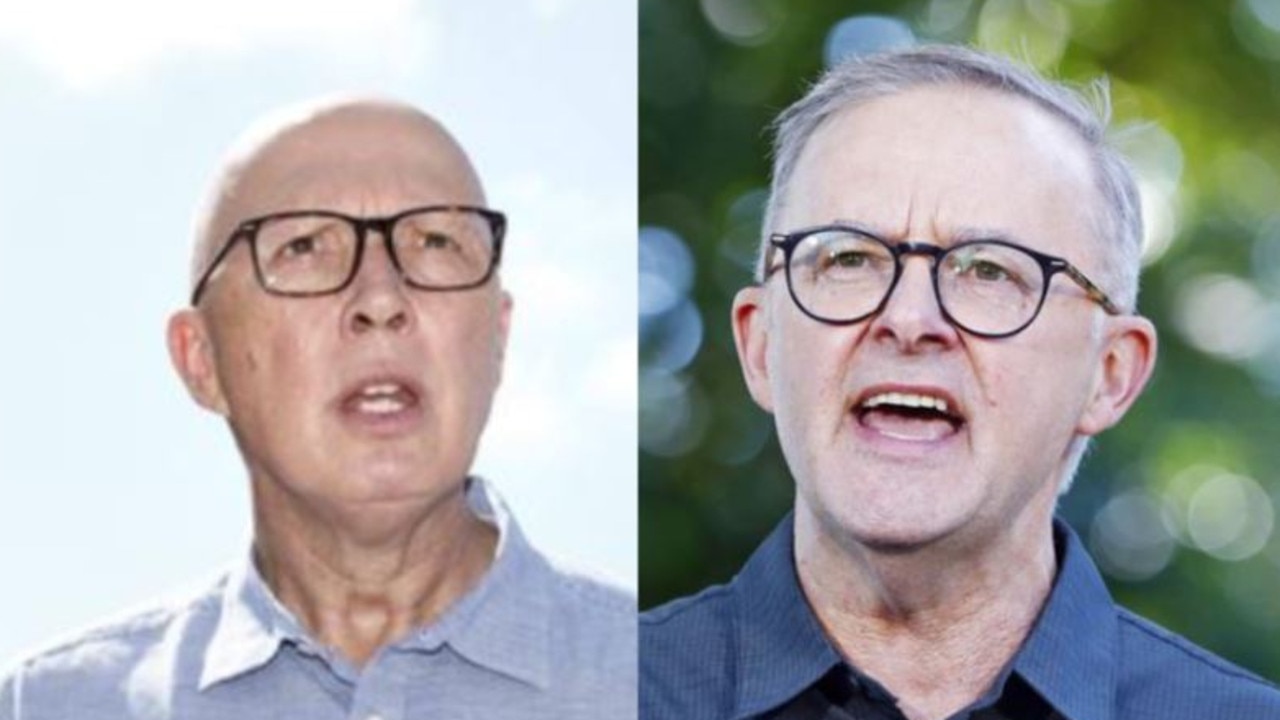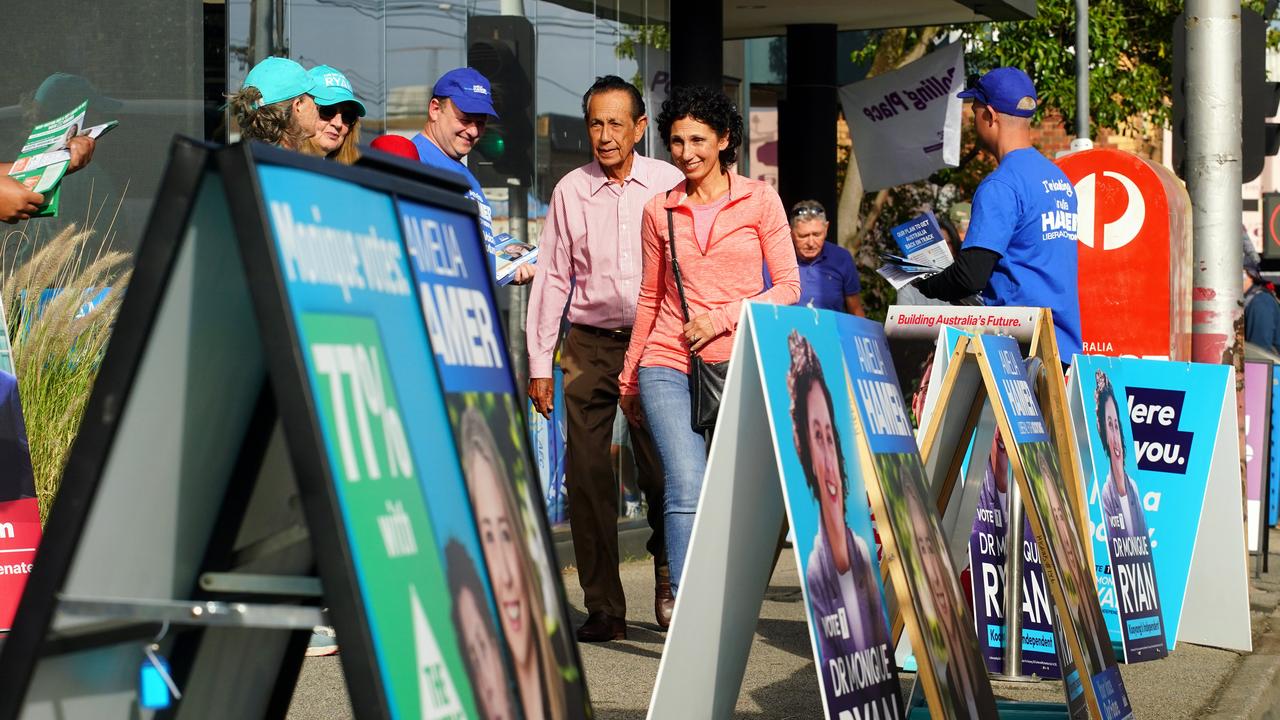Generous Victorians behind FightMND milestone
Victorians are giving hope to those battling Motor Neurone Disease, with generous donations paving the way for groundbreaking research.
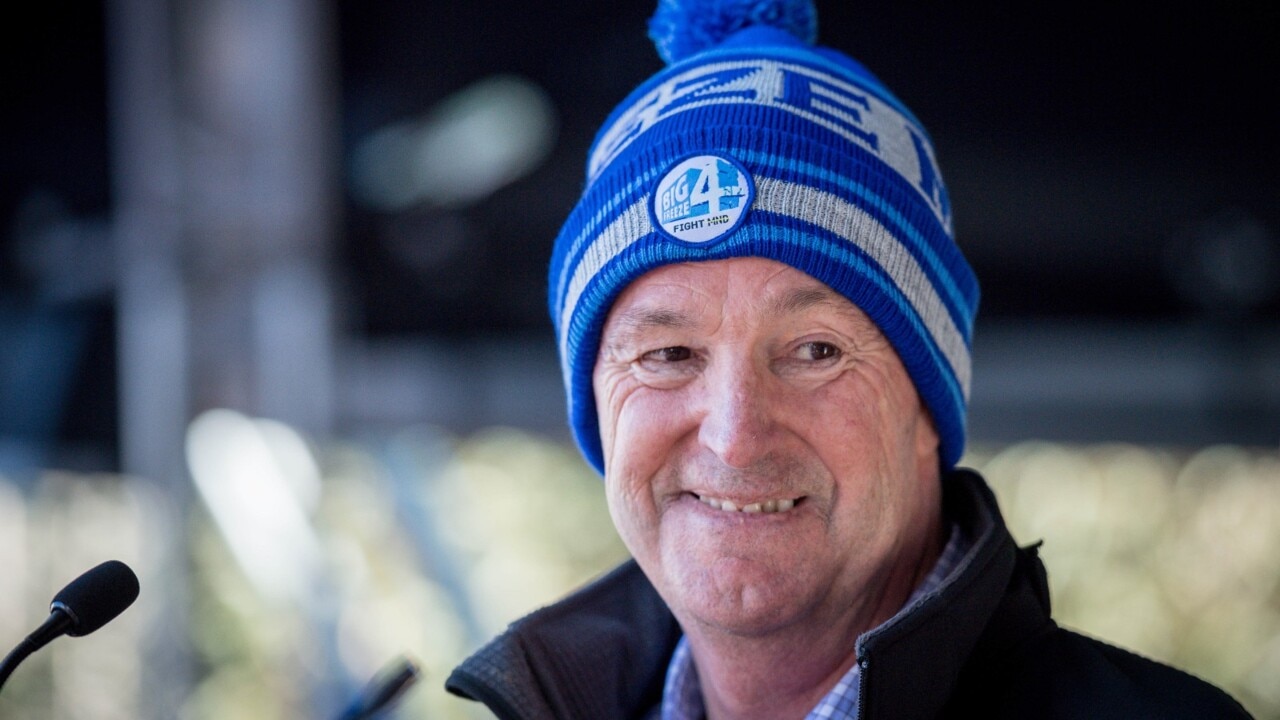
Victoria
Don't miss out on the headlines from Victoria. Followed categories will be added to My News.
Generous Victorians in their FightMND beanies are the driving force behind a whopping $10.7 million being given to boost research into new treatments and to help patients regain independence.
More than $8m has been provided to 16 research projects around the world to assist in the development of new drugs and accelerate other promising treatments.
One key project is a $1m clinical trial of a promising new drug, led by Queensland Brain Institute Emeritus Professor Perry Bartlett.
After showing the molecule mEphA4-Fc slows the death of motor neurons in animals, they will test the safety and early effectiveness of an intravenous treatment in eight patients over the next six months.
“This is probably the worst disease in the world and the trouble is by the time people are diagnosed they’ve usually had quite a large amount of dropout of motor neurons already,” Prof Bartlett said.
“The earlier we can treat, the better and that’s the great thing about FightMND. The ability to get enough money to do early clinical trials to see if there are some positive outcomes is a phenomenal thing. It’s a real game changer.”
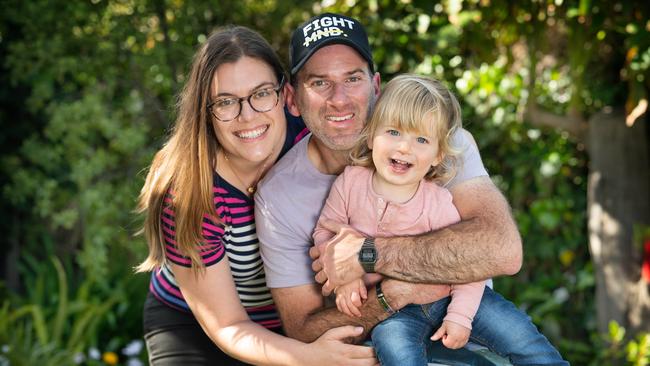
Those with motor neurone disease will also be able to receive mobility equipment, respiratory support and even communication devices to help them regain a voice, with $2.3m distributed to state-based MND associations.
Among those leading the fundraising charge is 17-year-old Baxter Stickland, who has sold hundreds of FightMND beanies, rattled the tin at AFL matches and held public events for three years, after his dad Matt was diagnosed.
“It’s horrific to watch this slowly kill my dad,” Baxter said. “Raising money is something I can do. I just want to see this disease go away. When I’m at dad’s age, I don’t want people to still have this disease.”
Mr Stickland, 51, has been the beneficiary of FightMND research since his diagnosis in 2015, through his inclusion on a clinical trial that is testing if an HIV drug can slow disease progression.
“I’m hoping there is a breakthrough soon and they can leverage these trials that are slowing down the progression, and come up with a cure,” he said.
Businessman Warren Galgut, 42, was diagnosed this year. His first symptom was a swelling sensation on his tongue in a work Zoom meeting. His speech is affected and his right arm is weak, and he said it was becoming harder for him to eat and soothe his almost two-year-old son Oliver.
“You’re given a terminal and incurable diagnosis, where there is no treatment or cure. They can only monitor your symptoms. It’s crazy that is all that can be done in this day and age,” Mr Galgut said.
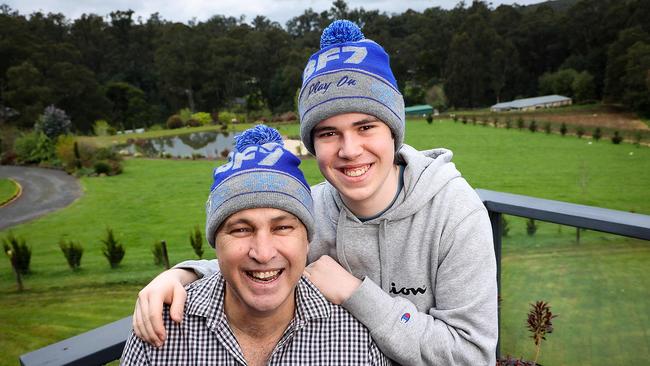
He and his colleagues have raised almost $65,000 for FightMND through the virtual exercise fundraiser the 27 Challenge, referring to the average life expectancy of just 27 months after diagnosis.
“I look at Oliver and think I don’t know if it’s genetic and he has it,” he said. “But if he does, I just hope that one day there is a cure or at least a treatment to give people a chance.”



